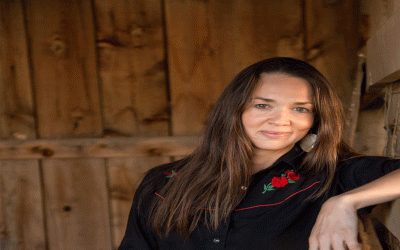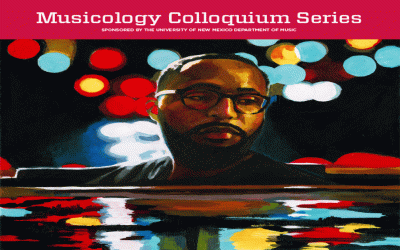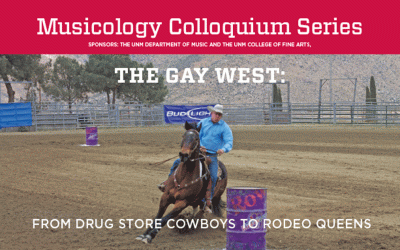During the spring of 2015, Drs. Kristin Ditlow and Karola Obermüller began planning the first installments of a contemporary music exchange. This exchange would bring American contemporary music to Germany, and likewise sponsor performances of contemporary German music in New Mexico.
The project quickly expanded to include Professors Eric Lau and Scott Ney, with performances in Nürnberg and Darmstadt and master classes in Würzburg.
darabq1summer2015 from Kristin Ditlow on Vimeo.
The program included compositions by Volker Blumenthaler, professor for composition and theory at Nuremberg Hochschule für Musik, Cord Meijering, director of Akademie für Tonkunst, Darmstadt; UNM Music Faculty Karola Obermüller, Jose-Luis Hurtado, Peter Gilbert, and Richard Hermann; and noted composers Olivier Messiaen, Lori Laitman, Milton Babbitt, and James Beale.
The Nürnberg performance was hosted by Monika Teepe and Volker Blumenthaler while the Würzburg Hochschule für Musik hosted master classes for percussion and saxophone. The Akademie für Tonkunst, Darmstadt, was the host for the Darmstadt solo “klavierabend.”
Future performances and exchanges are being planned for the coming season.
Dr. Kristina Jacobsen awarded The Fulbright Con Il Sud Award for Teaching and Research
Dr. Jacobsen, was recently awarded the Fulbright Con Il Sud Award for Teaching and Research to support her upcoming research during her sabbatical year on the Italian island of Sardinia [Sardigna].
Heterophony: Texture, Technique, and Social Commentary
This lecture is in two parts: the first draws from my research on the 1960s jazz avant-garde and musicians’ interests in heterophonic musical textures. For the second part, I perform original music that utilizes heterophony and “noise” in a solo electronic and improvised format.
The Gay West: From Drug Store Cowboys to Rodeo Queens
The masculine ideal represented by the American cowboy is variously interpreted by spectators, dancers, musicians, and contestants at gay rodeos and country western dances across the U.S. Examining embodied gender practices within these communities, this talk articulates the sonic, social, and geographical spaces of the gay American West.



